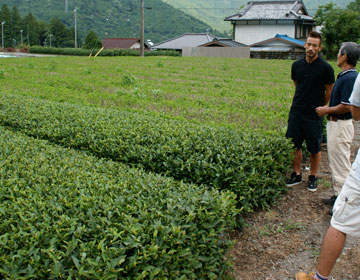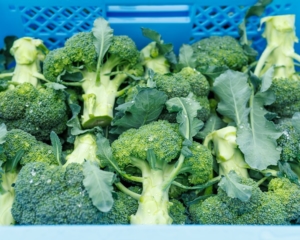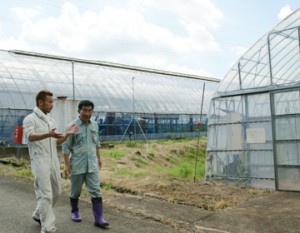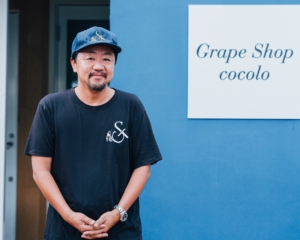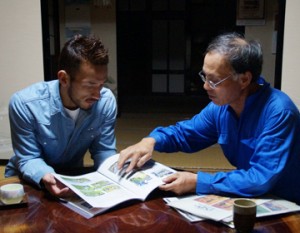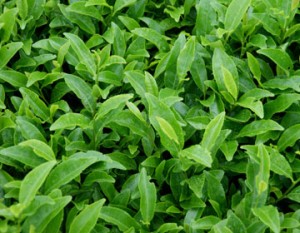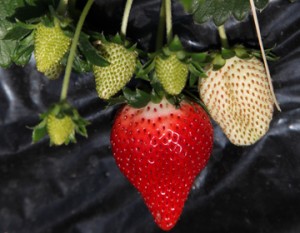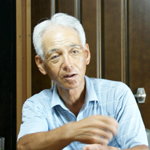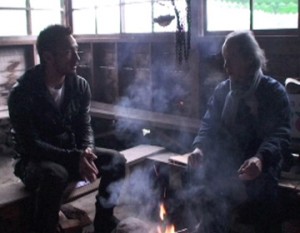A pale color with deep taste
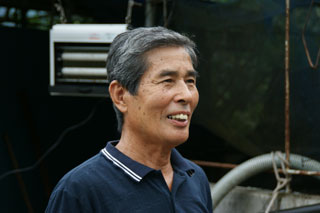
Shizuoka is known for being a tea producing area, but within Shizuoka, the most famous green tea producing town is Kawane Honcho. Located in the Midwest of Shizuoka prefecture, it is located in an area where the Oi River flows. When we arrived at Takada farm, they treated us to green tea right away. We noticed the color was a bit pale.
”Everybody who comes to interview us are surprised. Looks like the tea leaves are spent, right?” Takada’s wife laughed.
”First, please take a sip.” Yoshio Takada asked us, and we took a sip.
The tea had a strong and deep taste and aroma, making Nakata exclaim ”Oh!”. And there is a sweet aftertaste which lingers. It is strange because the color is so pale. When tea leaves are picked early, even before ”ichibancha”, they are pale but have a strong delicious taste, they told us.
Commitment to tea production
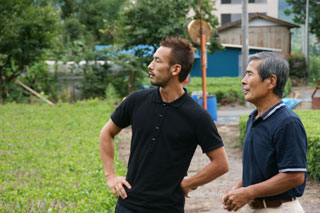
Among the Kawane teas, the most famous is ”sencha”. Takada Farm, has won numerous awards including the Minister of Agriculture, Forestry and Fisheries Award in national tea contests. About 14 years ago, they started making half fermented ”kettle roasted tea” close to oolong tea. A product called ”Kaorikko”, which is a packaged set of the kettle roasted tea ”Koshun” and ”Benifuki” sold together, was awarded the highest gold medal in the World Green Tea Contest held in 2010.
”What is the most important thing in making the best tea?”
”To carry out each task carefully and precisely. If we become careless, that is reflected in the tea, so we should make sure that we manage each technique properly.” Takada told us.
Takada Farm has their own farmland and produce their own products. That is, they cultivate their own tea leaves and perform all of the manufacturing processes such as roasting themselves. That is why they cannot mass produce. But because of that, they are able to stick to their philosophy, and conduct extensive research. Delicate sensitivity is needed to do this job since the slightest difference in the variety of the tea leaves and dryness affect the taste and smell of the tea. When asked what kind of tea they are aiming for, Takada answered, ”Tea that is so delicious that people want a second cup.”



